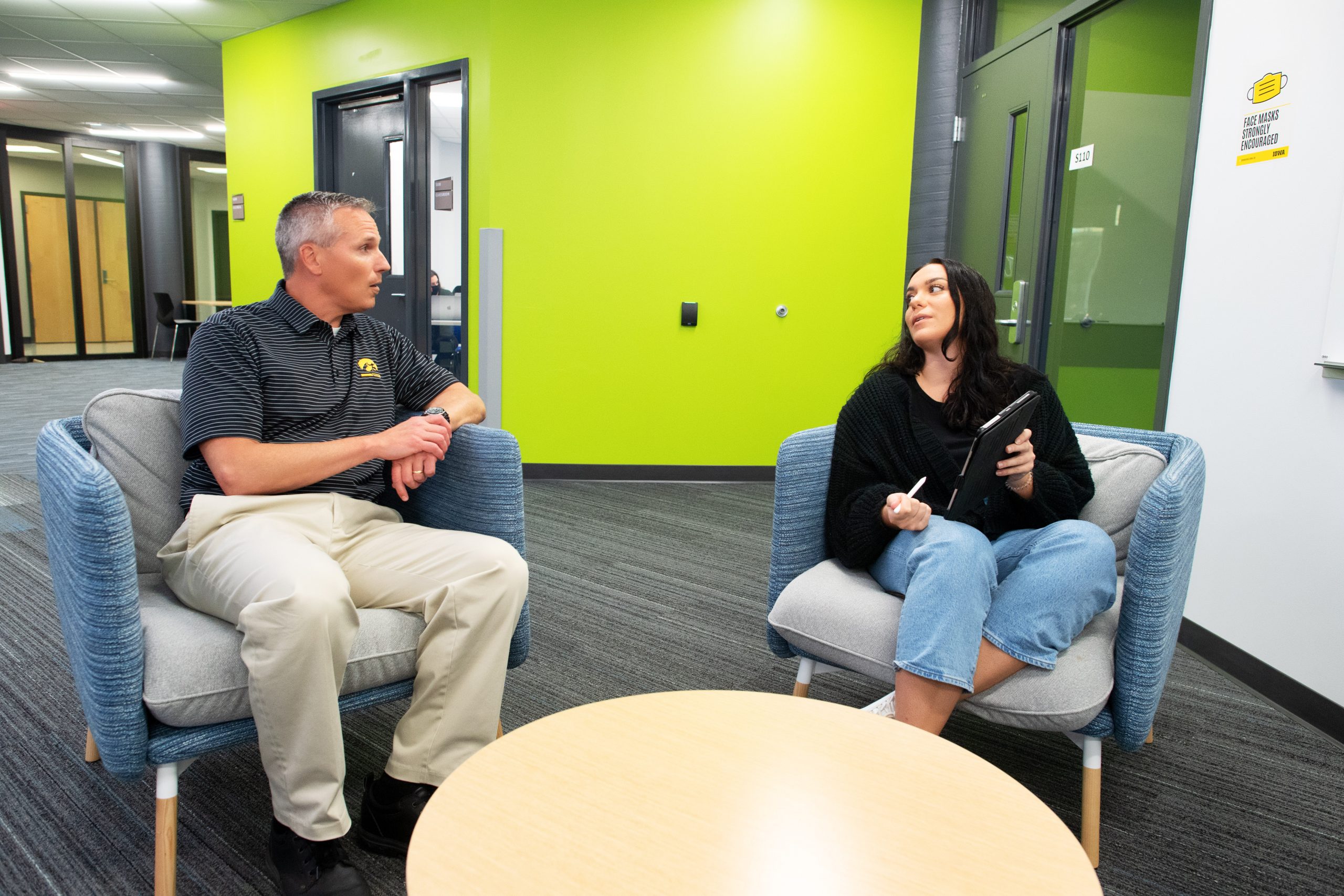30 Providing feedback

💡 Please describe a time when you received feedback that was helpful for your future learning.
What were the main characteristics of this feedback? How did the instructor provide it, and what did they do to make it helpful to you? How might this experience inform your own teaching or facilitating? How could you adapt these strategies to your context?
Feedback is a form of response that tells someone how they are doing on their progress toward achieving a goal. Students should be able to use your feedback as a tangible tool to adjust their performance. To make assessments more effective, instructors can provide their students concrete and motivating feedback that confirms their ability to meet learning expectations and succeed in your course (Steele, 2010). Here are some ways to do this:
- Try to provide actionable feedback and avoid evaluative and general statements like “rephrase,” “good job,” “unclear,” or “awkward.”
- Avoid over-commenting, focus on learning objectives, use concrete criteria, and identify patterns in the representative strengths and weaknesses of your student’s work.
- Aim to share analytic feedback through narrating your own experience as a listener/reader/observer, noting places of confusion or interest and raising questions. For example: “I noticed that you cited the same passage in two different paragraphs but did not connect the ideas in those paragraphs. For me, as a reader, this connection is unclear; could you please explicitly explain it?”
- One technique that works effectively to start a conversation about written work: rather than giving students grades for their first drafts, ask them to read your comments and then respond. This assures that they read and think about your comments. They could rewrite specific sentences, paragraphs, or sections.
- Besides marginal comments, share an endnote that could guide future learning for students. Some instructors follow up on their feedback with in-person or Zoom explanation meetings, which could support students’ sense of belonging and metacognition. This conversation about your students’ work can affect their self-assessment skills and whether they attempt to improve in areas needing their attention.

Feedback/Errata